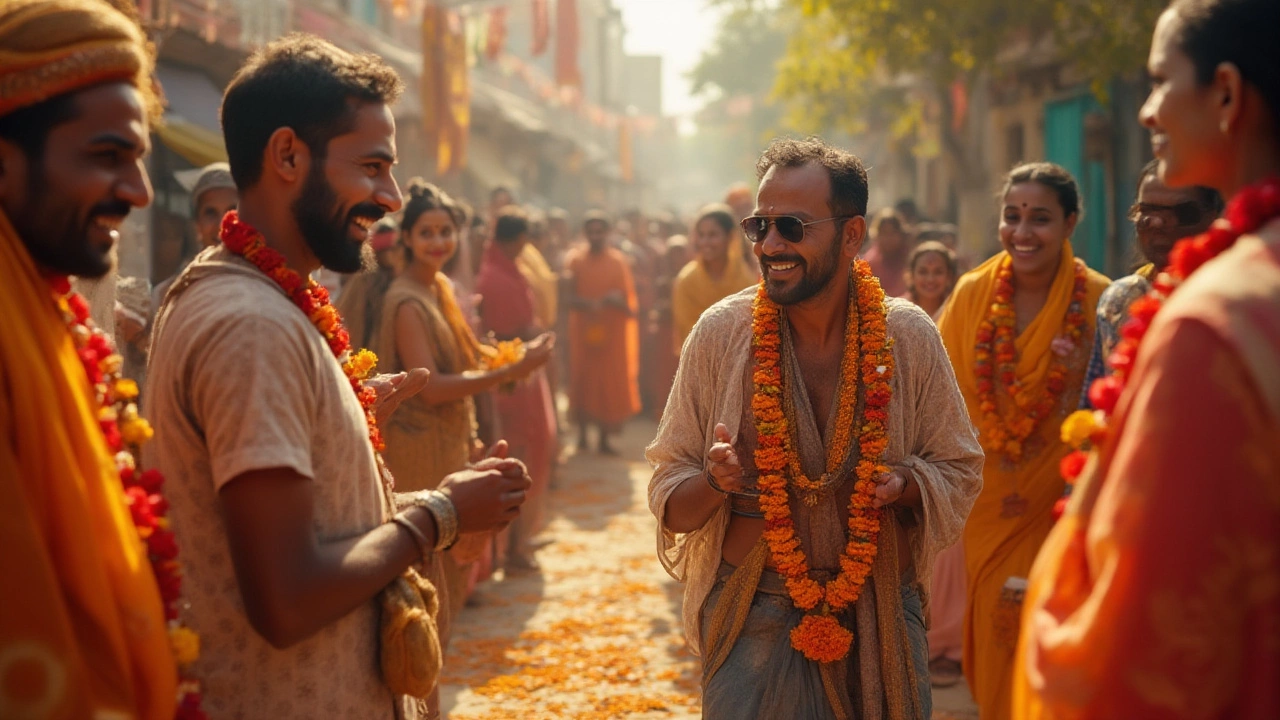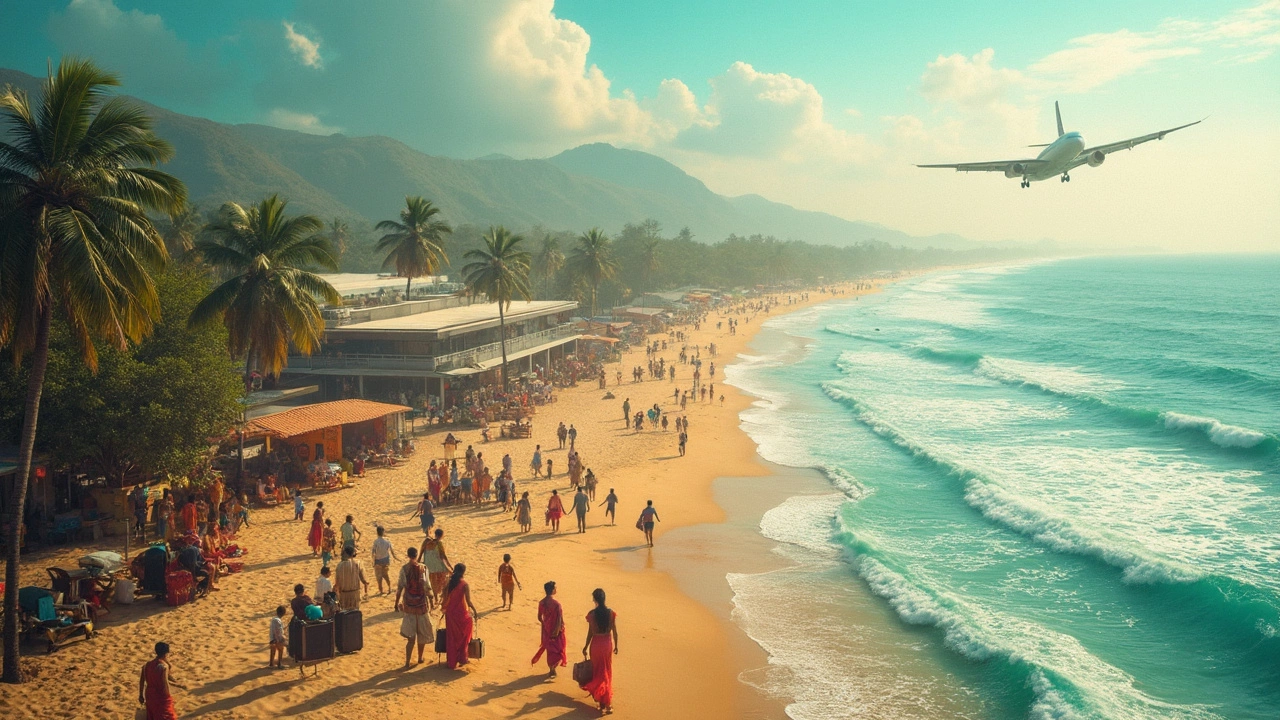SEARCH
Travel Tips India: What Every Traveler Needs to Know
Planning a trip to India can feel overwhelming – the country is huge, the culture is diverse, and the options are endless. The good news? You don’t need a PhD in geography to have a great time. Below are simple, real‑world tips that will keep your wallet happy, your health safe, and your adventure unforgettable.
Budget Basics: How to Stretch Your Rupee
First off, set a realistic daily budget. A comfortable mid‑range traveler can manage around ₹3,000–₹5,000 per day if they mix budget hotels, local eateries, and public transport. For tighter budgets, aim for ₹1,500–₹2,500 by staying in hostels, using shared cabs, and eating street food that follows basic hygiene – look for stalls with crowds and clean utensils.
Flight costs drop dramatically if you book 6–8 weeks ahead and choose flexible dates. Use price‑alert tools and consider flying into secondary airports like Cochin or Jaipur, then taking a domestic flight or train to your main destination.
Safety First: Stay Secure in Every State
India is generally safe, but a few precautions go a long way. Keep copies of your passport, visa, and emergency contacts separate from the originals. In crowded places, use a money belt and avoid flashing valuables.
If you’re traveling solo, choose accommodations with good reviews on safety. Many hosts provide 24‑hour front desks or lockers. When using rideshares, verify the driver’s details before getting in – the app will show the car’s plate number and driver photo.
For women travelers, the safest states in South India include Kerala and Tamil Nadu, known for low crime rates and friendly locals. Still, trust your gut and avoid isolated areas after dark.
Food & Health: Eat Well Without Getting Sick
Indian cuisine is a highlight, but stomach upsets can ruin a trip. Stick to cooked dishes that are served hot, and avoid raw salads unless you know they’ve been washed with safe water. Drink only bottled or filtered water, and use the bottle for brushing your teeth too.
Spicy food can be a shock if you’re not used to it. Start with milder dishes like dal, vegetable biryani, or paneer tikka, and ramp up the heat as you adjust. If you have any dietary restrictions, learn the local terms – “vegan” is “vegan” in Hindi, while “no onion” is “pyaaz nahi”.
Travel Hacks: Getting Around Efficiently
India’s train network is extensive and cheap, but tickets can sell out fast for popular routes. Book a few weeks in advance on the IRCTC website or use the mobile app for confirmed seats. For short distances, shared auto‑rickshaws and app‑based cabs (Ola, Uber) are affordable and reliable.
When exploring temples or heritage sites, arrive early to beat the crowds and heat. Carry a small bottle of hand sanitizer, a reusable water bottle, and a light scarf – it helps with dust and modesty in religious places.
Must‑See Experiences on a Budget
Don’t miss the lesser‑known gems that don’t require a high price tag. A sunrise at Hampi’s ruins, a boat ride on Kerala’s backwaters, or a trek in the lesser‑visited hills of Meghalaya can be magical without breaking the bank. Check out local festivals – they’re free, colorful, and a great way to meet locals.
Finally, keep a flexible itinerary. Weather, train delays, or a recommendation from a friendly stranger can lead to unforgettable detours. Embrace the spontaneity and you’ll leave India with stories you’ll tell for years.
With these practical tips, you’re set to explore India confidently. Pack light, stay curious, and enjoy every moment of the journey.

Which Indian State Has the Friendliest and Warmest People?
Discover which Indian state is truly home to the friendliest and kindest locals, with real stories, tips, and eye-opening facts on Indian hospitality and culture.
Continue reading
Best Place to Fly Into India for Beach Destinations: Your 2025 Guide
Looking to explore India's famous beaches and not sure which airport to fly into? This guide breaks down the best entry points for your Indian beach adventure, sharing practical tips, travel hacks, and straight talk about flight options. You'll learn about nearby attractions, seasonal factors, and ways to save money. Whether you’re chasing the party scene, hunting for quiet shores, or planning a family holiday, you’ll find the right starting spot for your trip. Get ready to hit India’s coast smarter and easier.
Continue reading